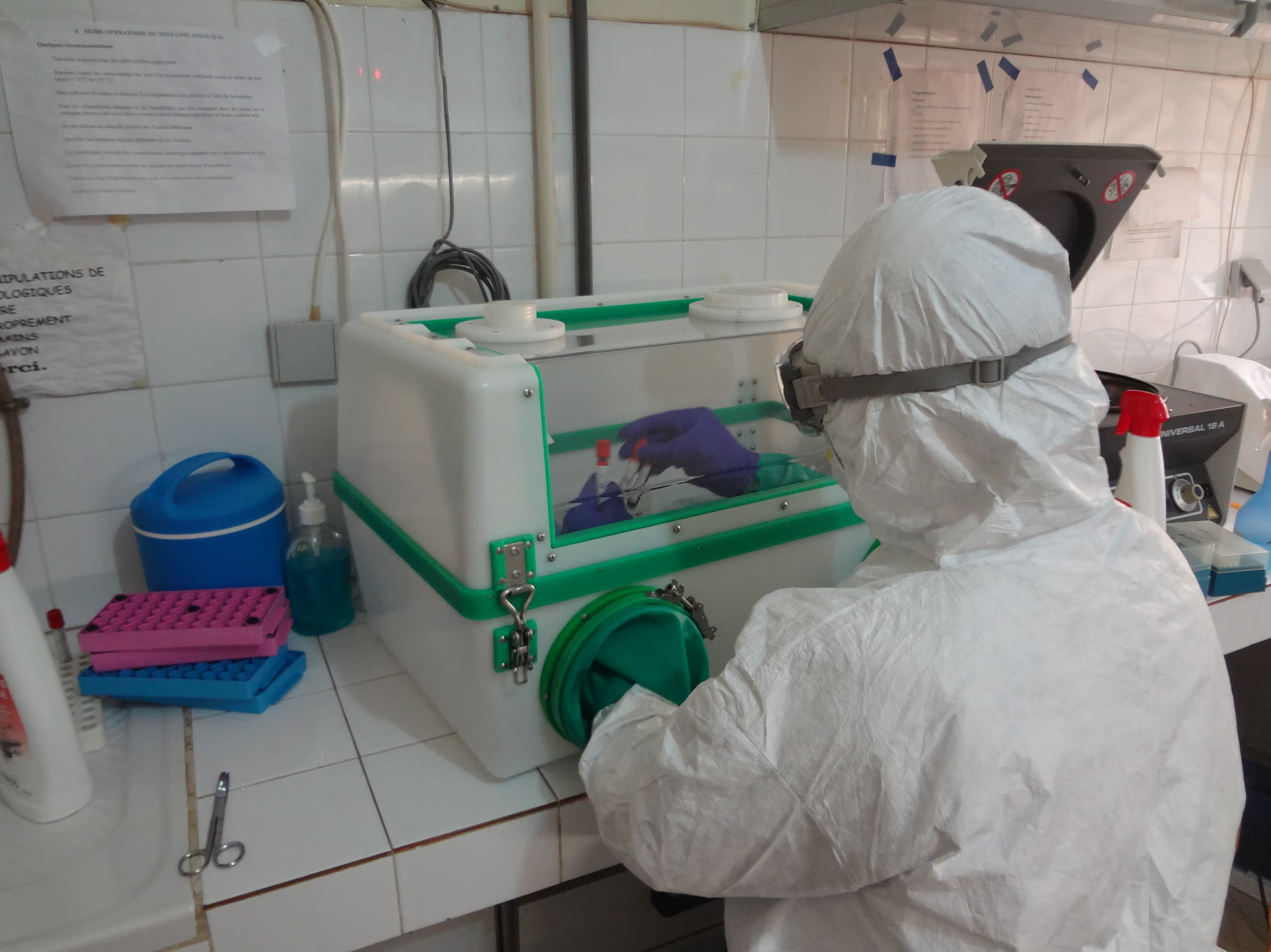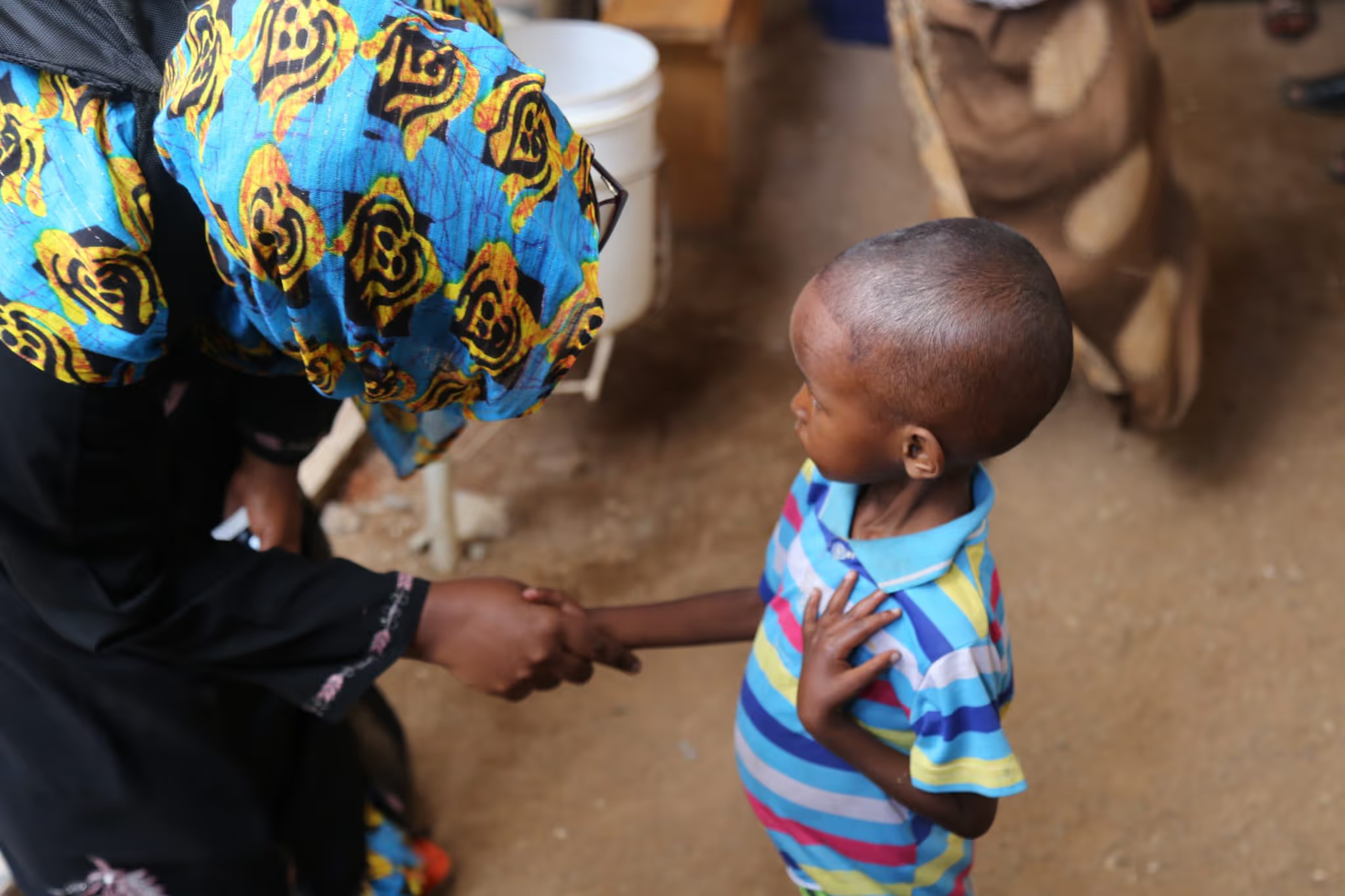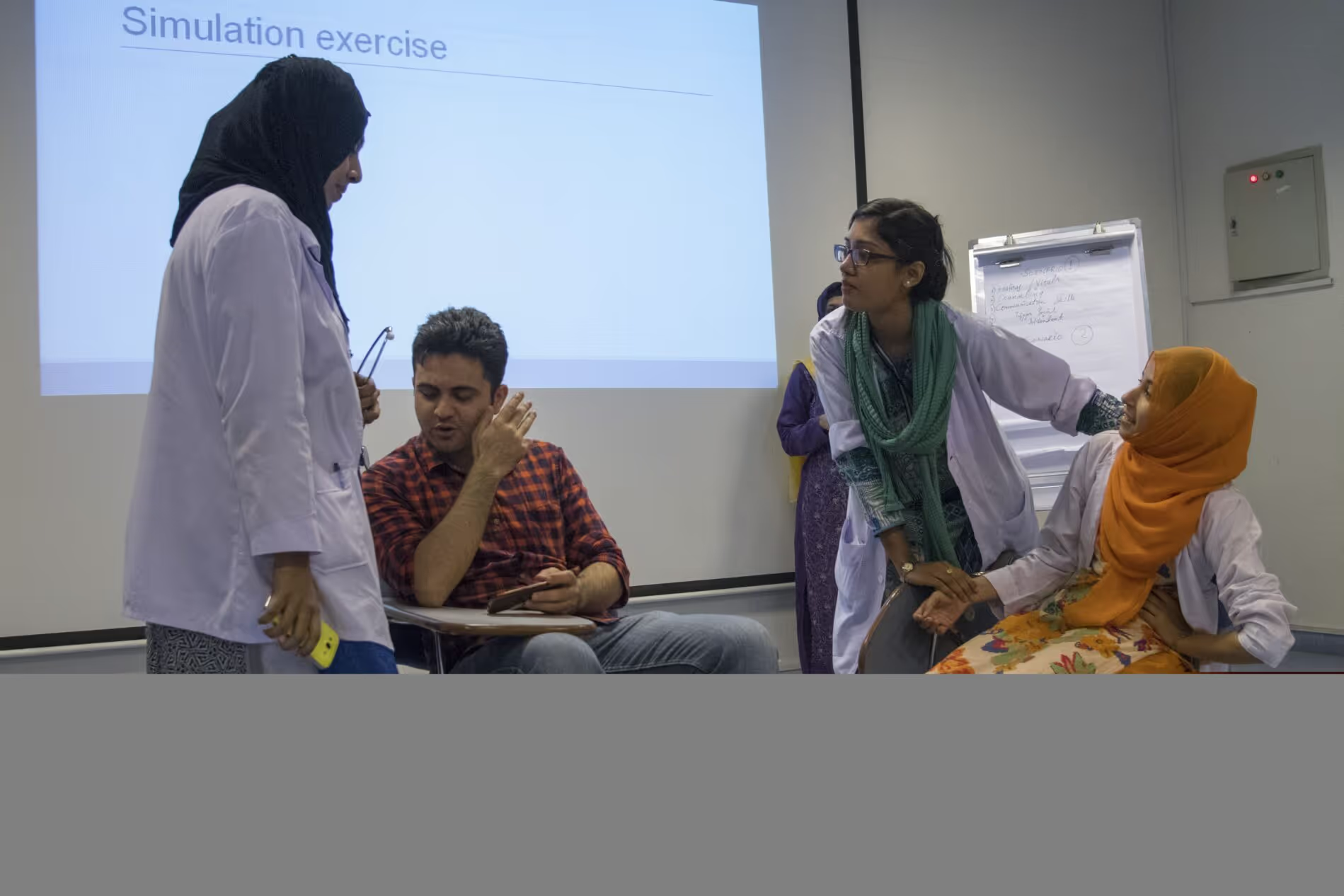Point-of-care Ebola virus disease diagnostic testing for treatment centres

Project overview
This study trialed a new 15 minute test for Ebola virus point-of-care detection in Guinea treatment centres.
Project solution
This project offers [specific solution or intervention] to tackle [challenge]. By implementing [strategies, tools, or innovations], the project aims to achieve [desired outcomes]. The approach is designed to [specific actions or methods] to bring about meaningful change in [community, region, or issue area].
Expected outcomes
This project aims to achieve [specific outcomes], such as [measurable results, improvements, or changes]. The expected impact includes [benefits to the target community, advancements in research or innovation, or long-term effects]. By the end of the project, we anticipate [specific changes or milestones] that will contribute to [broader goals or objectives].
Principal Investigator: Amadou A. Sall, Institut Pasteur de Dakar
What did the study set out to achieve?
Real‐time Reverse Transcription Polymerase Chain Reaction(RT-PCR) was used as the standard method for Ebola virus (EBOV) molecular diagnosis during the 2014 outbreak in West Africa. However this method has limitations in terms of cost, equipment, and turnaround time. In contrast, isothermal recombinase polymerase amplification (RPA) is six times faster than RT- PCR while yielding the same analytical sensitivity and specificity. In addition, the RPA assay uses smaller equipment and reagents which are cold chain independent, making rapid on-site testing feasible and affordable. The project investigated the use of RPA for Ebola virus point-of-care detection in Guinea treatment centres.
An existing Ebola virus Recombinase polymerase amplification (RPA) assay was adapted to the outbreak strain and mobilised into a suitcase laboratory combined with a mobile glovebox for biosafety sample extraction. Specifically, so called primer–in pellets were developed in collaboration with the company Twist DX, allowing for cooling chain independent and simple use of reagents. The RPA assay was deployed in Conakry as well as during campaigns organised by the coordination committee in the Forecariah, Coyah, Dubreka and Boke prefectures. During these campaigns, 2,509 samples were tested and the results were available within 30 minutes upon sample receipt.
What does this mean for policymakers and practitioners?
- Local teams were trained in the use of the mobile laboratory in Guinea. The trained staff supported the laboratory deployment in Conakry (Ratoma municipality) and were involved in the different campaigns organized by the Ebola Task Force in Guinea., Additional local teams were also trained in hospitals localised in the prefectures of Boke and Nzerekore. The newly trained staff went on to use the RPA test for Ebola Surveillance in Guinea.
- Representatives from five African countries (Guinea, Sierra Leone, Democratic Republic of Congo, Mali and Senegal) and one European country (Germany) participated in a dissemination day organised in February 2016. The Senegalese Ministry of Health as well as international agencies (WHO, MSF and UNAIDS) were also represented at this meeting.
- MSF expressed interest in using the RPA for i) salivary tests on living people as it is a less intrusive sampling method, ii) a multiplex approach in order to test various diseases quickly in EVD suspected negative cases, as a differential diagnostic tool.
- Discussions continued on adapting RPA to test other diseases in the field and to identify commercial companies to invest into RPA assays
Project delivery & updates
Stay up to date with the latest developments from this project. Here, you will find details on what has been delivered, resources created, and regular updates as the project progresses. Access key documents, reports, and other materials to see how the project is making an impact.







